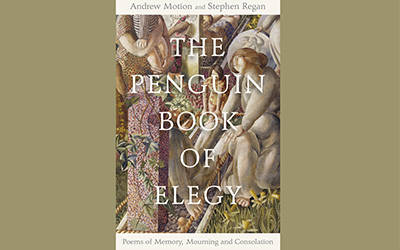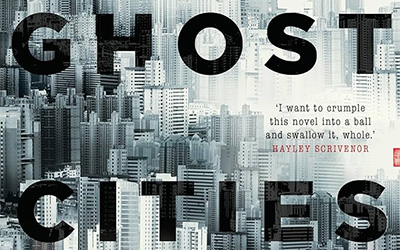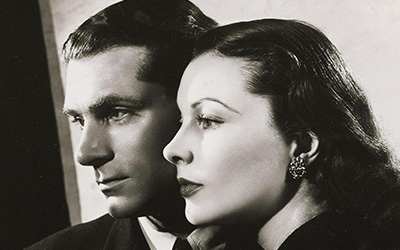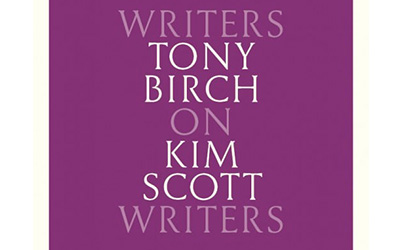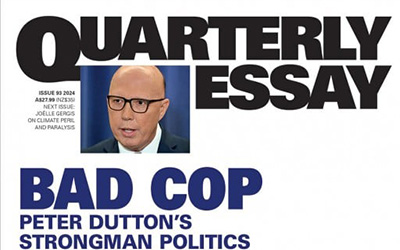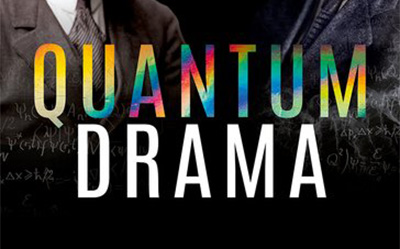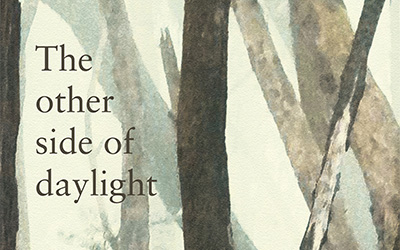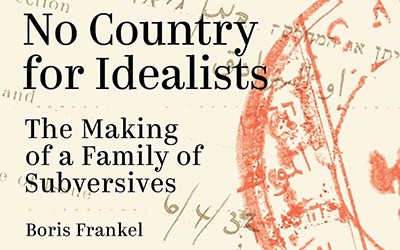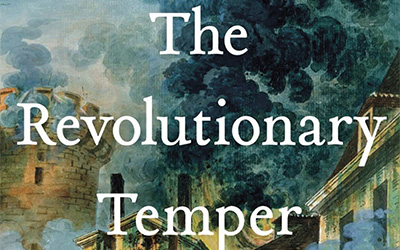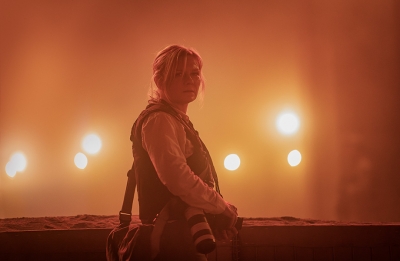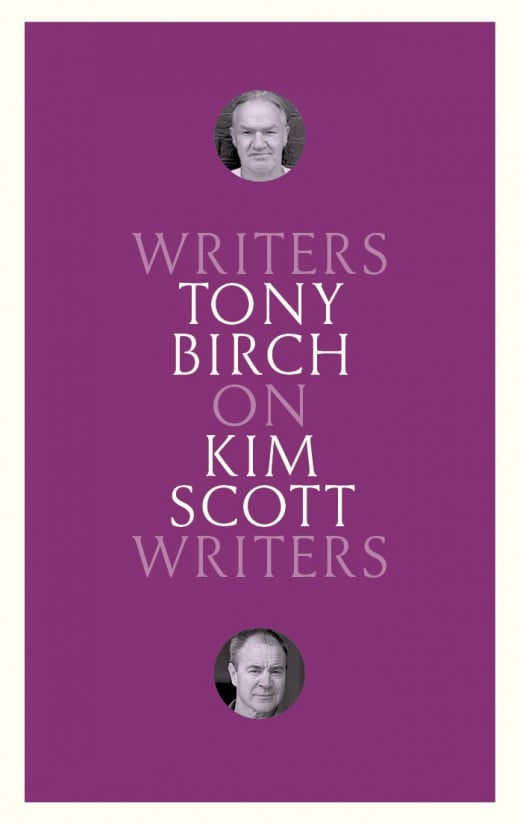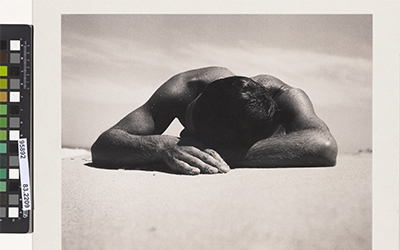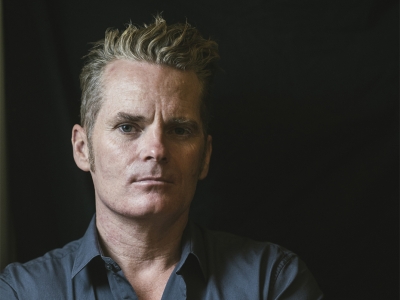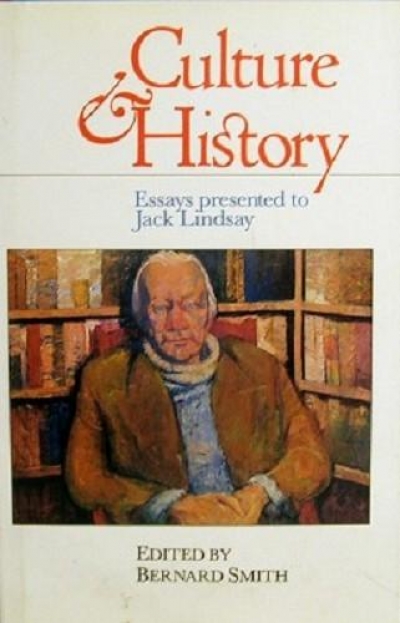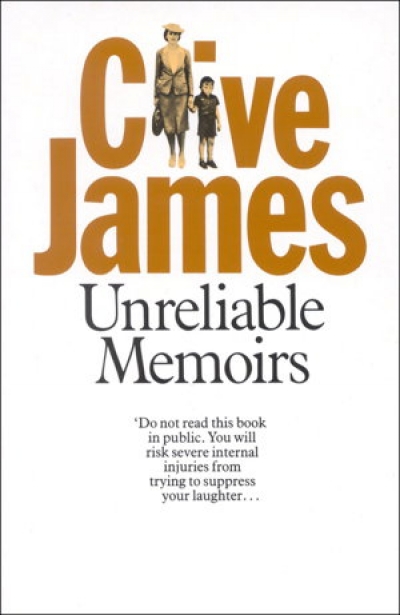Poetry
The Penguin Book of Elegy: Poems of memory, mourning and consolation edited by Andrew Motion and Stephen Regan
In the famous opening sequence of the 1946 film A Matter of Life and Death, an RAF pilot, flying his burning Lancaster bomber over the English Channel, talks with a radio operator at a nearby English base. Apparently facing certain death, the pilot quotes Sir Walter Raleigh’s ‘The Passionate Man’s Pilgrimage’, a poem allegedly written just before its author’s execution in 1618. ‘Give me my scallop shell of quiet, / My staff of faith to walk upon,’ the pilot recites, amid the roar of his stricken aircraft.





